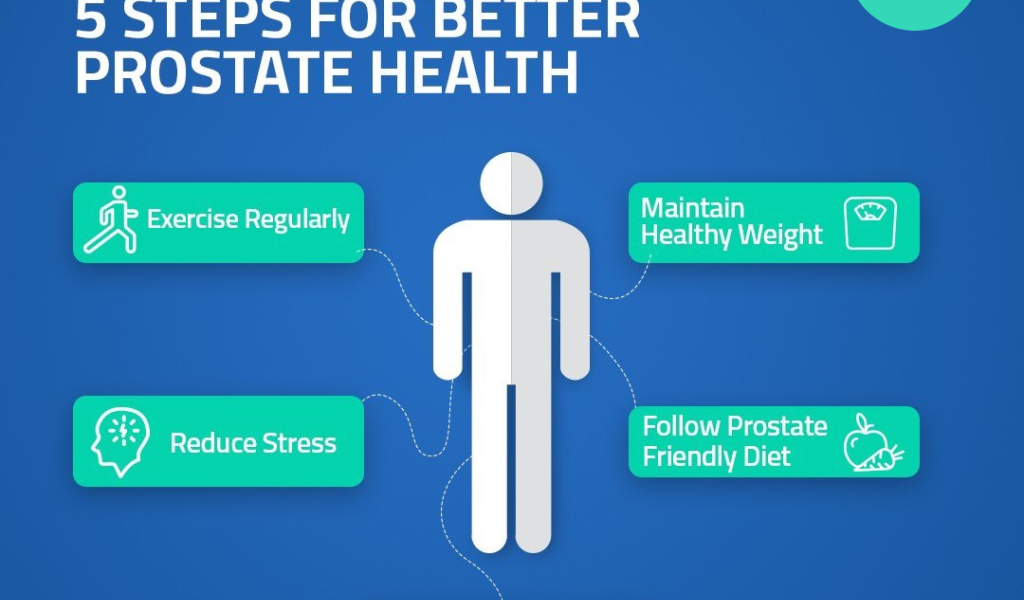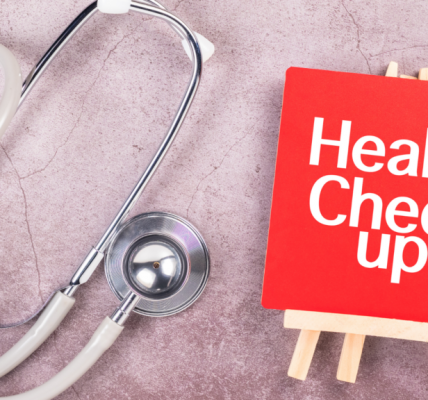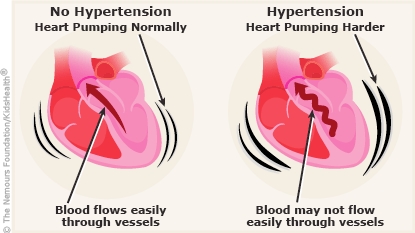Prostate health is an important aspect of men’s overall well-being. The prostate gland, located just below the bladder, plays a crucial role in the reproductive system.
Common Prostate Problems
- Benign Prostatic Hyperplasia (BPH): An enlarged prostate gland that can cause urinary problems.
- Prostate Cancer: A type of cancer that affects the prostate gland.
Symptoms of Prostate Problems
- Frequent Urination: Needing to urinate more often, especially at night.
- Weak Urine Flow: Difficulty starting or stopping the urine stream.
- Difficulty Emptying the Bladder: Feeling like you can’t fully empty your bladder.
- Pain or Burning During Urination: A sign of infection or other prostate issues.
- Blood in Urine or Semen: A potential sign of prostate cancer or infection.
- Pain in the Back or Pelvic Area: Can be a symptom of prostate cancer or other conditions.
Preventing Prostate Problems
- Regular Check-ups: Schedule regular check-ups with your doctor, especially after the age of 50.
- Healthy Diet: A balanced diet rich in fruits, vegetables, and whole grains can help reduce the risk of prostate problems.
- Regular Exercise: Physical activity can help maintain overall health and reduce the risk of certain health conditions.
- Limit Alcohol and Tobacco: Excessive alcohol consumption and smoking can increase the risk of prostate problems.
- Stay Hydrated: Drinking plenty of water can help prevent urinary tract infections and other prostate issues.
Prostate Cancer Screening
- Digital Rectal Exam (DRE): A physical exam to check the size and texture of the prostate gland.
- Prostate-Specific Antigen (PSA) Test: A blood test to measure the level of PSA, a protein produced by the prostate gland.
If you experience any symptoms of prostate problems, it’s important to consult with a healthcare provider for proper diagnosis and treatment. Early detection and treatment can significantly improve outcomes.




